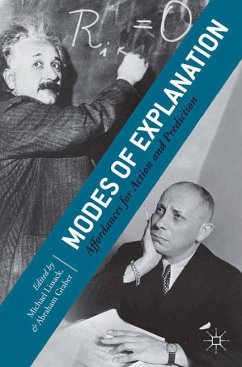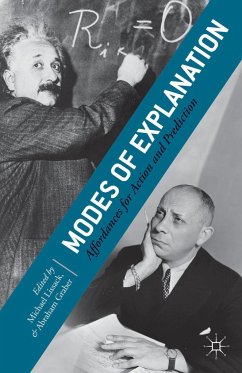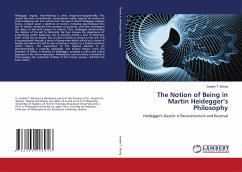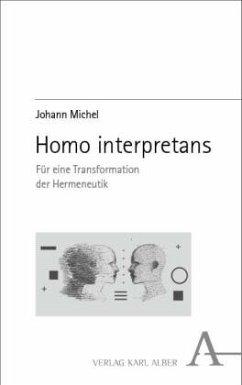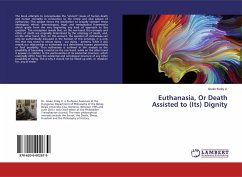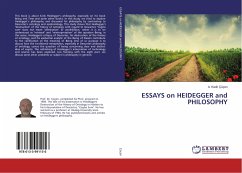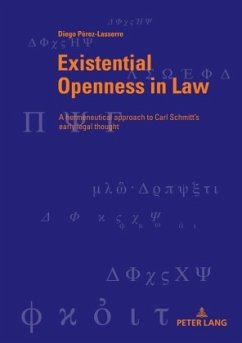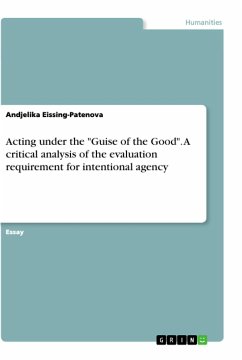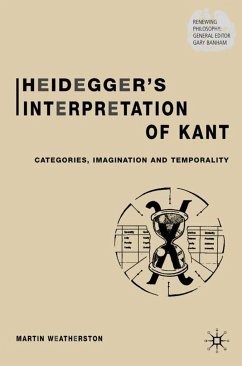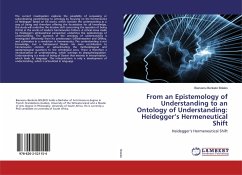
From an Epistemology of Understanding to an Ontology of Understanding: Heidegger's Hermeneutical Shift
Heidegger's Hermeneutical Shift
Versandkostenfrei!
Versandfertig in 6-10 Tagen
65,99 €
inkl. MwSt.

PAYBACK Punkte
33 °P sammeln!
The current investigation explores the possibility of surpassing or subordinating epistemology to ontology by focusing on the hermeneutics of Heidegger. Based on his works, which consider the understanding as a way of being and therefore offering the foundation for all knowledge, this study will underline the decisive shift concerning the question of being (l'être) in the works of modern hermeneutics fathers. A critical move made by Heidegger's philosophical perspective underlines the epistemology of understanding. The question of the ontology of understanding is investigated differently from...
The current investigation explores the possibility of surpassing or subordinating epistemology to ontology by focusing on the hermeneutics of Heidegger. Based on his works, which consider the understanding as a way of being and therefore offering the foundation for all knowledge, this study will underline the decisive shift concerning the question of being (l'être) in the works of modern hermeneutics fathers. A critical move made by Heidegger's philosophical perspective underlines the epistemology of understanding. The question of the ontology of understanding is investigated differently from his predecessors Schleiermacher and Dilthey, and culminates in a revolution in hermeneutics. The understanding is not knowledge, but a behavioural Dasein. His main contribution to hermeneutics consists of subordinating the methodological and epistemological questions to the ontological ones. There is therefore a mundanisation of understanding, which overlaps its depsychologisation. Understanding is a mode of being of Dasein that extends in interpretation, which leads to language. The interpretation is only a development of understanding, which is articulated in language.



